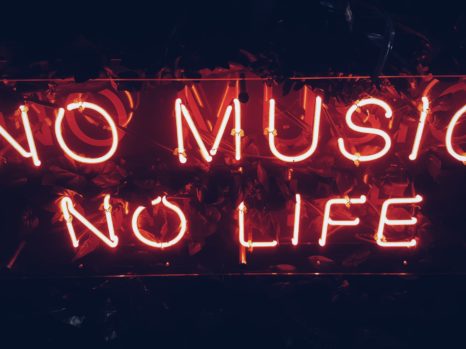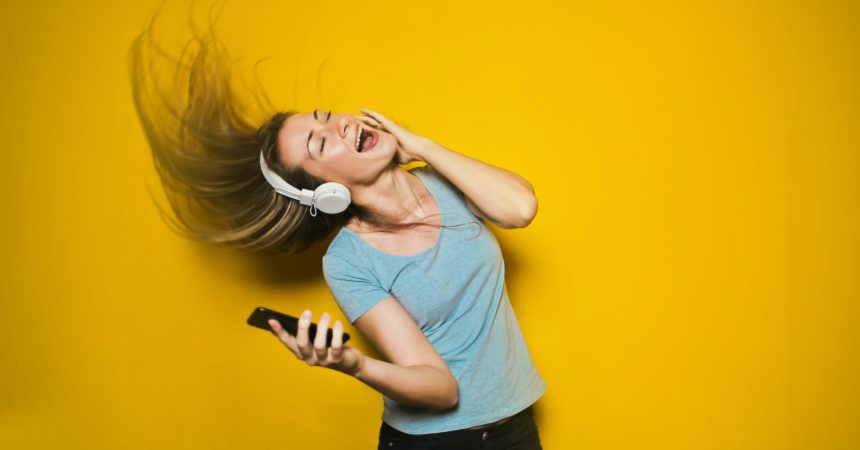Insomnia and other insomnia problems can ruin our lives.
What if music could help?
According to a study by Harmat, Takécs and Bédizs, 94 students with sleep disorders (aged 19–28) were taken to the laboratory. Participants were divided into three groups. The first group listened to classical music 45 minutes before going to bed for 3 weeks. Another group listened to the audiobook 3 weeks before going to bed. The control group did not receive any action.
Sleep quality and depressive symptoms were measured by the Pittsburg Sleep Quality Index and the Beck Depression List, respectively. Score?
Participants listening to music showed statistically significant improvements in sleep quality and reduction in depressive symptoms. No statistically significant results were found in the audiobook or control group.
The National Institute on Neurological Disorders and Stroke claims that “about 40 million Americans live with chronic insomnia each year, while 20 million people sometimes experience sleep disorders.”
In a meta-analysis of 10 randomized studies, researchers followed 557 participants with chronic sleep disorder. They found that the quality of sleep was significantly improved by music, and concluded that “music can help improve sleep quality in patients with acute and chronic sleep disorder.”
For even more tips on good sleep, see our article Science for Better Sleep.
Conclusion: Sleep better, longer and with fewer interruptions when listening to music before going to bed.
The next time you listen to music at an improvised dance party, remember all its health benefits. Music has been shown to improve our bodies, improve memories, relieve stress and more. And this is definitely music to my ears.
Music makes strangers
Are Justin Bieber and The Chainsmokers well at home? Yes, through VGC (Volunteer Guitar Connection), which organizes musical performances for non-profit organizations. Paint? Use music to lift the mood of those on the edge of society.
When he first went to the nursing home, Ng Yiqi still remembers the silence of the rooms, which was only interrupted by the sound of a rotating fan. But as the volunteers began to fill the venue with live music and singing, the mood changed. “It’s noticed that wherever you play … there’s a way we can connect only by playing and having the same experience,” he says.
As of 2004, there are only 10 volunteers. To date, they have made more than 160 appearances to organizations both as a group and in the personal skills of volunteers. The music is “universal” and refers to race, religion and language, says volunteer colleague Amanda Mok. One can find comfort in music even if one does not understand the language, he says.
Amanda, a wheelchair user who has joined VGC through the Handicap Welfare Association, wanted to develop her guitar playing skills. The experience was so positive that he is now volunteering at VGC and attending peer-to-peer sessions. The music has helped her reduce stress and feel more comfortable in front of the crowd, says Amanda, a self-proclaimed introvert.
Norsatria Asyraf, who is also a volunteer, challenged her musical skills to participate in every way possible: “Whether a musician, a singer, a percussionist, VGC needs to give something back to the community and bring music to recipients in Singapore, and we hope we can grow in the years to come.”













